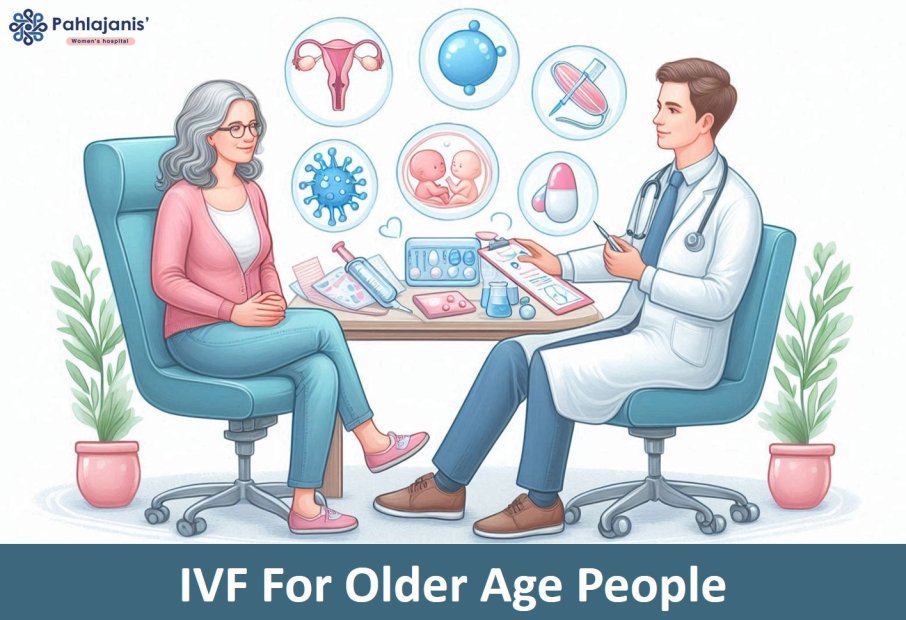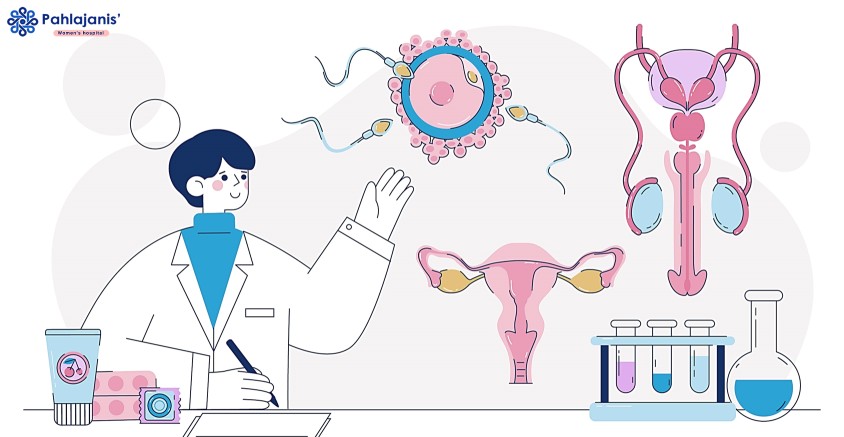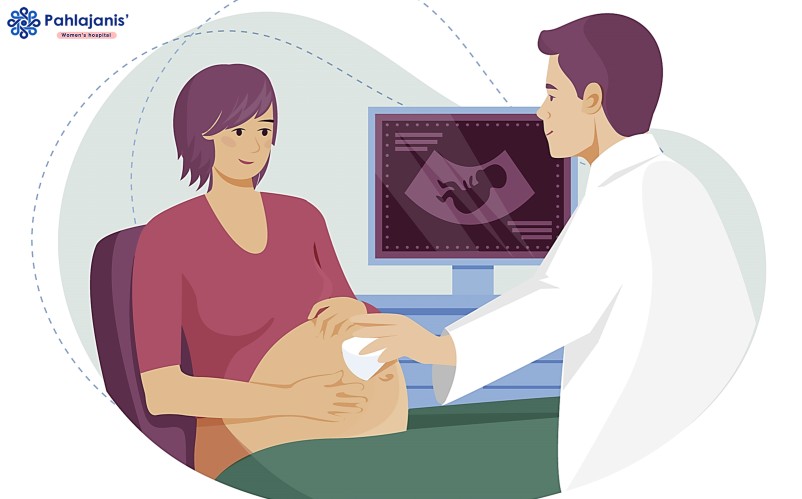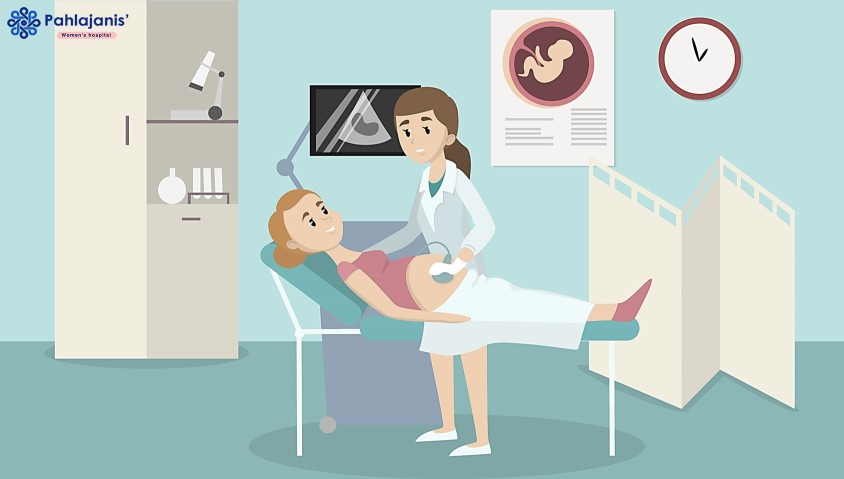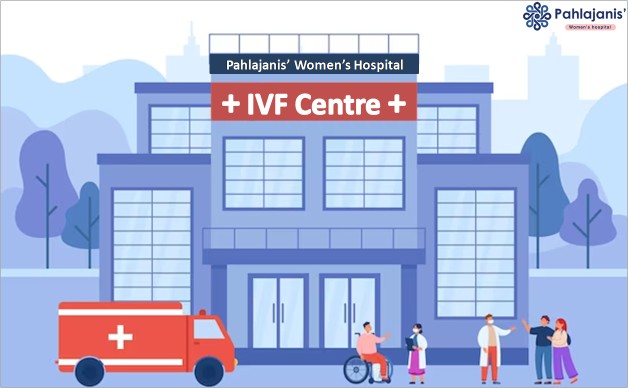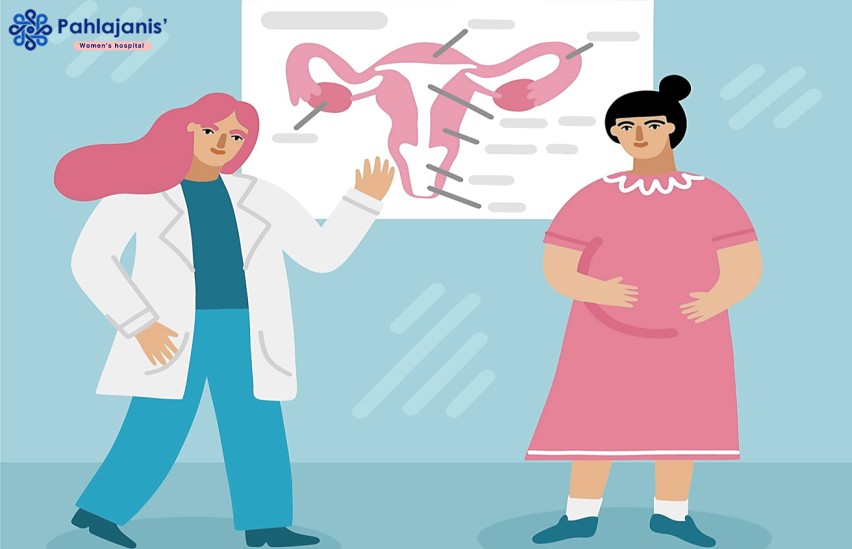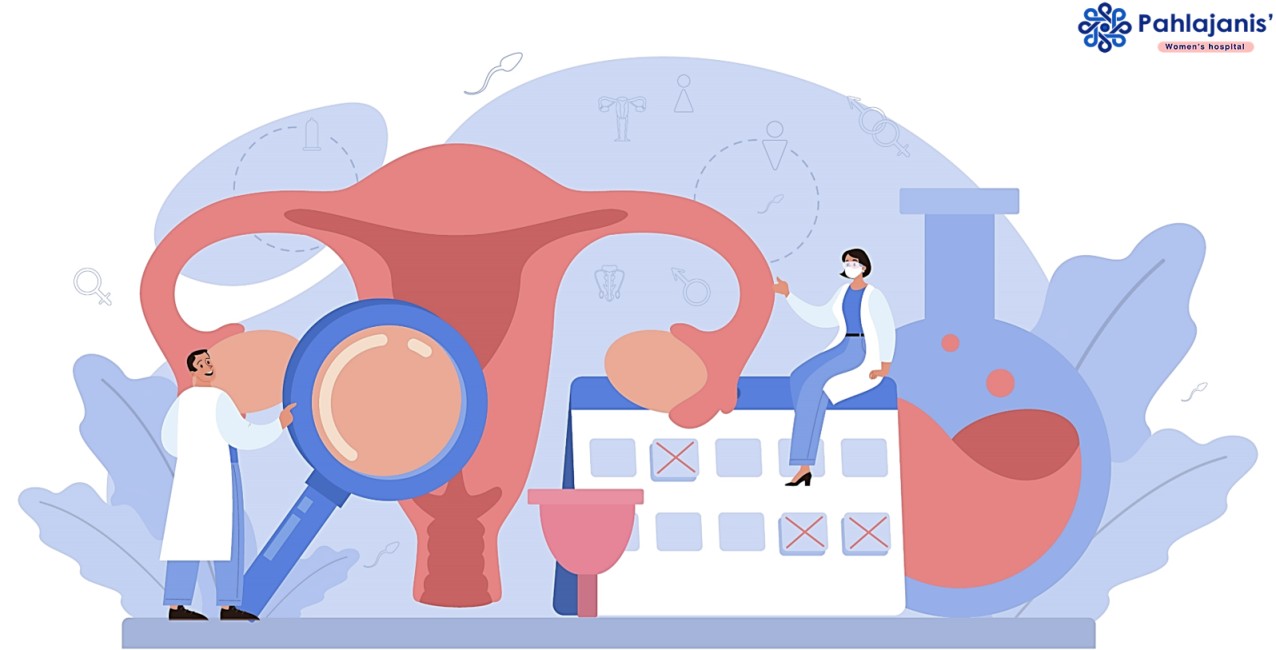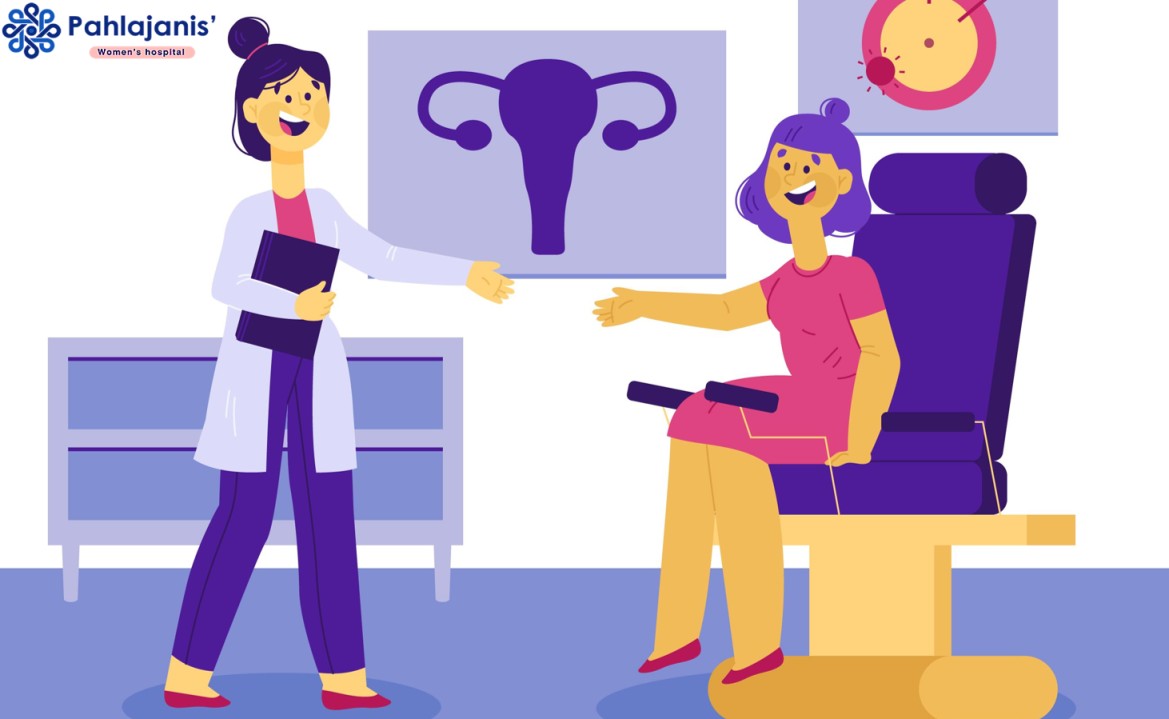Are you over 45 years old and want to have a baby? In Vitro Fertilization (IVF) makes parenthood possible at all ages!
In Vitro Fertilization is a treatment whereby fertility specialists help those who are unable to conceive have children. IVF may be done when the other subtypes of fertility therapy have been applied exhaustively and all have not worked. To older age people, In Vitro Fertilization can be a useful method of coping with fertility problems of senility and raise the probability of conception. In this blog, I will briefly describe how IVF brings pregnancy into the lives of older persons.
What is IVF?
ART is broadly defined as IVF and the process of uniting sperm with the eggs outside the female’s body. IVF can be defined as a method in which the eggs are collected directly from the woman’s ovaries and are then inseminated using sperm from the male outside the female body. The end product is then returned to the woman’s uterus for implantation just as any other normal successful embryo.
Thus, IVF is considered to be the most effective fertility treatment for older age people as it is possible to avoid many of the problems that characterize age-related issues in childless couples. Most women understand that as a lady grows older or in her reproductive years her eggs are equally at risk of chromosomal disorders due to ageing; therefore it becomes difficult to have a good pregnancy. In Vitro Fertilization also enables the parents to select healthy embryos to transfer in the woman’s womb this therefore increases the chances of conceiving.
How does IVF help in pregnancy for older age people?
Of course, the capacity to have a natural conception diminishes with time, and both the health and number of eggs in women decline as well. This is meant by a decline in fertility since the number of eggs reduces, and an enhanced chromosomal disorder in the remaining eggs. Thus, In Vitro Fertilization offers the potential to avoid such fertility problems related to women’s age.
Success Rates of IVF for Older Women
The success rates of IVF treatment for women have been increasing year by year, particularly for older women. The success rate for women 40 years and above using their eggs is approximately 20 %. This rate can go up to 60% where the eggs used for treatment are from a donor. Such statistics are encouraging to many individuals who have been through natural conception challenges.
The Role of a Gynecologist
Consulting a gynecologist is essential in the IVF process. They offer expert guidance and support. If you’re in Raipur, Chhattisgarh, finding a skilled Gynecologist in Raipur, Chhattisgarh can make a significant difference. They help with the following:
- Initial Assessment: You will be evaluated by a gynecologist in terms of your reproductive system condition. This encompasses the assessment of both businesses, their operations and the compatibility of the two for the partnership activity.
- Customized Treatment Plan: They develop a unique IVF treatment regimen. This plan involves your current health and fertility conditions.
- Monitoring and Support: It is important also to stress that monitoring should be an ongoing process throughout the In Vitro Fertilization process. A gynecologist works to make sure that all is on track.
- Post-Procedure Care: It is interesting to know that after the embryo transfer the woman needs to be under the supervision of a gynecologist and receive recommendations from him. This entails issues such as looking out for signs that flag off pregnancy.
Here are some ways IVF helps in pregnancy for older age people
- Increased chances of pregnancy:
IVF results in a higher chance of conceiving for people of older ages. Age-related fertility can be solved with the help of In Vitro Fertilization technology with fresh high-quality eggs donated or taken from a young woman. Moreover, IVF also enables implantation of the healthiest embryo thus raising the probability of implantation and pregnancy success.
- Personalized treatment:
IVF is said to be an individualized therapy as the plans are drawn depending on the difficulties faced by the individual. It appears that older people may need different management strategies for the improvement of fertility. For instance, they may need to take higher drug concentrations to induce ovulation or other procedures to check on their ovaries.
- Reduced risk of multiple pregnancies:
Older people who conceive naturally are more likely to have several pregnancies. This can lead to problems during pregnancy and delivery. IVF transfers a limited number of embryos. This lowers the likelihood of multiple pregnancies.
- Preimplantation Genetic Test (PGT):
PGT checks embryos for chromosomal abnormalities. It discovers genetic abnormalities throughout the In Vitro Fertilization procedure. PGT improves the odds of a successful pregnancy. It also lowers the chance of miscarriage.
- Donor Eggs and Sperm:
In a case where the couple is old whereby the woman cannot produce a healthy egg or the man cannot produce healthy sperm, donor eggs or sperm can be used during the IVF process. This can highly boost the chances of getting pregnant and can also make older persons enjoy the feely of being parents though expensive.
- Frozen embryo transfer:
Any older age individuals who opt for In Vitro Fertilization may have some extra embryos that can be frozen and used in future. These embryos indicate that subsequent IVF cycles may be used, thus boosting the probability of pregnancy without further administration.
IVF at Pahlajanis’ Women’s Hospital
Pahlajanis’ Women’s Hospital and IVF Centre is one of the best centers providing comprehensive medical treatment facilities to women. It is among the best fertility clinics due to reproductive technologies and emergent care such as In Vitro Fertilization, preimplantation genetics, and donor eggs. Pahlajanis’ has a team of skilled specialists who tailor individual approaches and strategies to increase success rates. They also provide moral and psychological support to help couples complete their treatment successfully.
Conclusion
Therefore, it can be clearly said that IVF is a very proficient system of infertility treatment that has assisted childless couples to have a child, especially for older age couples. In Vitro Fertilization is a suitable solution for many couples facing infertility issues. Unlike other methods, IVF is less affected by age-related obstacles. Today, IVF treatment presents hope and positive results for starting or expanding a family with the help of fertility experts.
Affiliation Many couples who have faced childlessness in the past can start a family by going through the IVF Center in Raipur owned by Pahlajanis if appropriate help and preparation are provided to them. These methods, combined with a holistic approach to patient care, provide the best opportunity for conception. Patients at Pahlajanis’ have an increased chance for a healthy pregnancy.


